Zimbabwe's central bank has ended its short-lived reintroduction of gold coins, citing high demand and rising international prices, but economists say the effort had little macroeconomic effect and offered no real benefit to the majority of citizens.
The Reserve Bank of Zimbabwe (RBZ) had in April put back on the market its remaining stock of Mosi-oa-Tunya gold coins, which it stopped minting in 2023. However, by mid-June, the sale was abruptly concluded, marking yet another twist in the country's long-running struggle with currency instability and policy inconsistency.
Despite RBZ Governor John Mushayavanhu touting the coins as an "alternative investment instrument" that saw strong demand, experts argue the short-lived sale was more symbolic than impactful.
"It's just another chapter in Zimbabwe's erratic economic policy playbook," said Ithiel Mavesere, a University of Zimbabwe economist. "These high-value coins were out of reach for the vast majority of Zimbabweans."
The coins were priced from ZiG 9,299.13 (approx. US$347) for a tenth-ounce coin to ZiG 92,991.34 (approx. US$3,470) for a full-ounce. In total, the central bank sold about ZiG 343 million (US$12.8 million) worth of gold coins, with corporations buying 79% and individuals 21%, according to Mushayavanhu.
The central bank said the move was triggered by rising global gold prices and was meant to clear remaining stock, including coins that had been redeemed previously. Mushayavanhu confirmed that no new coins have been minted since April 2024 as the bank prioritises building gold reserves to back the ZiG (Zimbabwe Gold) currency.
He also noted that foreign reserves had grown significantly from US$270 million in April to US$731 million by June, a development he attributed partly to reserve management strategies.
While the coins were initially introduced in 2022 to mop up excess local currency and fight inflation, analysts say their impact was fleeting and inaccessible to the wider population.
"Low-value coins, even as low as US$20, would have been more inclusive," Mavesere said. "As it stands, storing value in a gold coin remains a luxury few can afford."
Lyle Begbie, an economist with Oxford Economics Africa, echoed that sentiment, saying the US$12.8 million in sales represents less than 1% of Zimbabwe's GDP — a "drop in the ocean" in terms of macroeconomic influence.
With over 80% of Zimbabweans active in the informal sector, the gold coins had limited relevance to daily life and commerce.
"There's little appetite or understanding for using gold coins in everyday trade," said Samuel Wadzai, head of Vendors Initiative for Social and Economic Transformation. "Most informal traders still prefer cash — especially U.S. dollars — for convenience and stability."
Prosper Chitambara, a Harare-based economist, noted that Zimbabwe's economy is still heavily dollarized, making tools like gold coins ineffective in restoring monetary confidence.
"People trust the U.S. dollar far more than they do gold coins or the ZiG. The trust deficit is too deep," he said.
On the ground, citizens like Isheanesu Kwenda, a 31-year-old street vendor with a sociology degree, remain skeptical.
"I've heard about the coins, but never seen one," said Kwenda. "I lost more than half my money last year when I was paid in Zimbabwe dollars — I only managed to convert US$1,000 to about US$360. I'll stick with the U.S. dollar."
Kwenda, like many in Zimbabwe's large informal sector, believes economic recovery starts with consistency in government policy.
"People will trust the system again if the government stops making sudden U-turns," he added.
The RBZ insists that gold-backed strategies remain part of its economic toolkit. But with public confidence still low, and structural issues like dollarization and informalisation persisting, economists say Zimbabwe needs more than gold coins to achieve stability.
"Symbolic gestures won't fix structural problems," said Chitambara. "We need inclusive policies, broader trust, and above all, economic consistency."
As the gold coins return to vaults — this time possibly for good — Zimbabweans are once again left watching from the sidelines, waiting for policies that serve more than just the elite.
- GPJ
 Machakaire lashes out at 'lazy, rogue' govt officials
Machakaire lashes out at 'lazy, rogue' govt officials  Why was Makate penalised for SCA Judges' mistakes?
Why was Makate penalised for SCA Judges' mistakes?  UK's Boris Johnson quits over Brexit stretegy
UK's Boris Johnson quits over Brexit stretegy  First Mutual to list Zimbabwe's first gold ETF
First Mutual to list Zimbabwe's first gold ETF 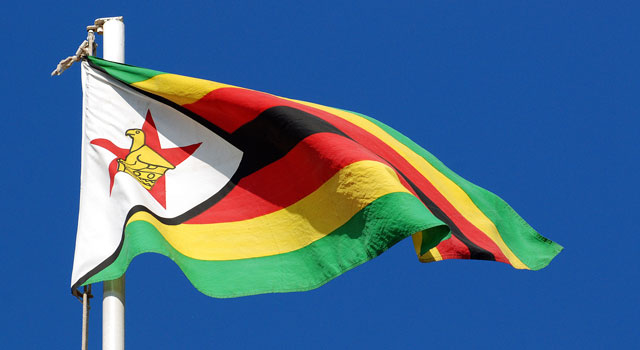 Zimbabwe on track for 6% growth
Zimbabwe on track for 6% growth  Hwange Colliery sinks US$3,5m in new equipment
Hwange Colliery sinks US$3,5m in new equipment  Young Investment Professional (YIP) Graduate Programme 2019
Young Investment Professional (YIP) Graduate Programme 2019 




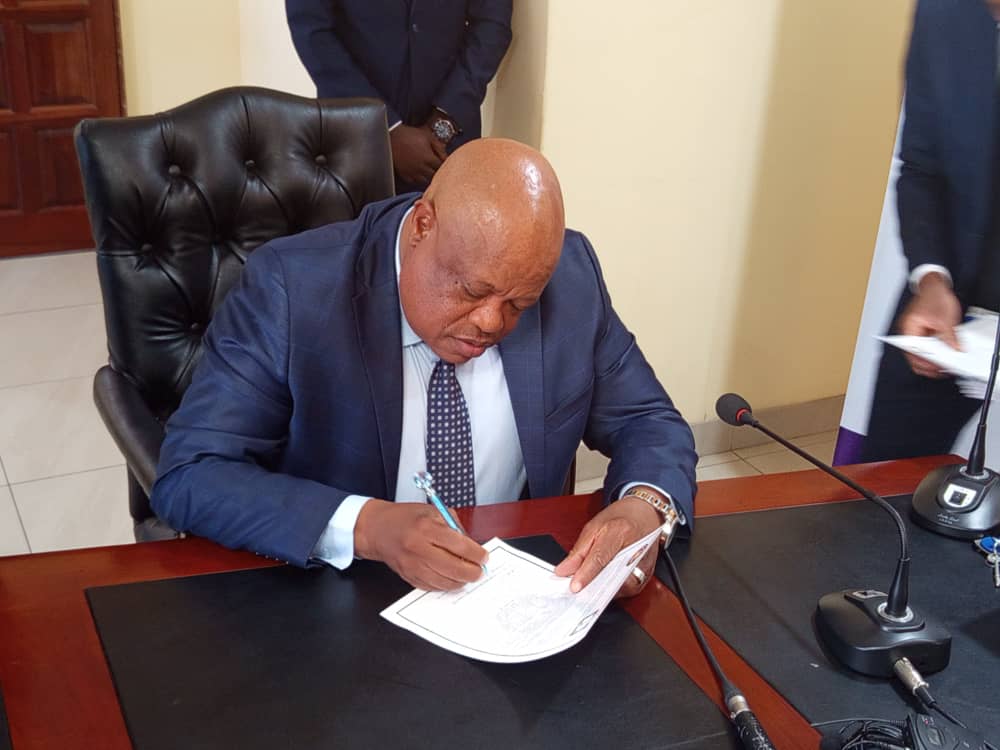

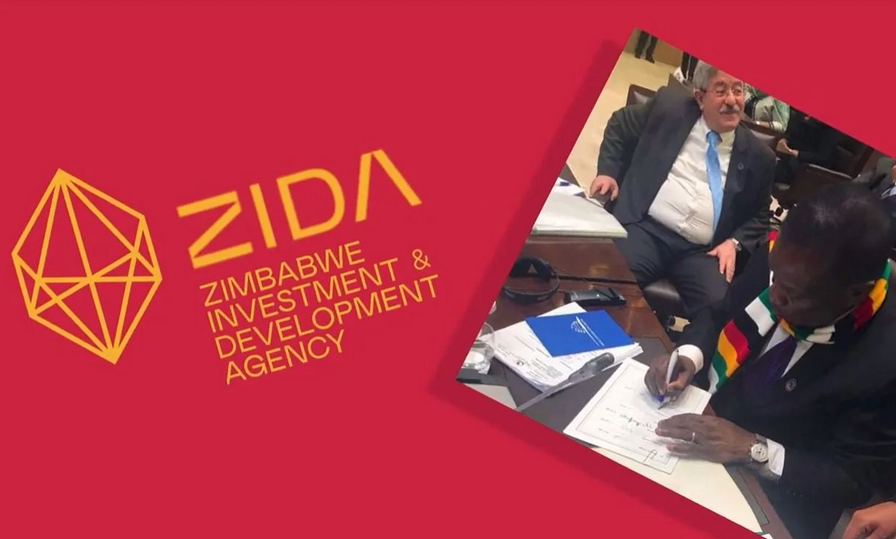
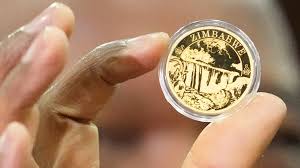
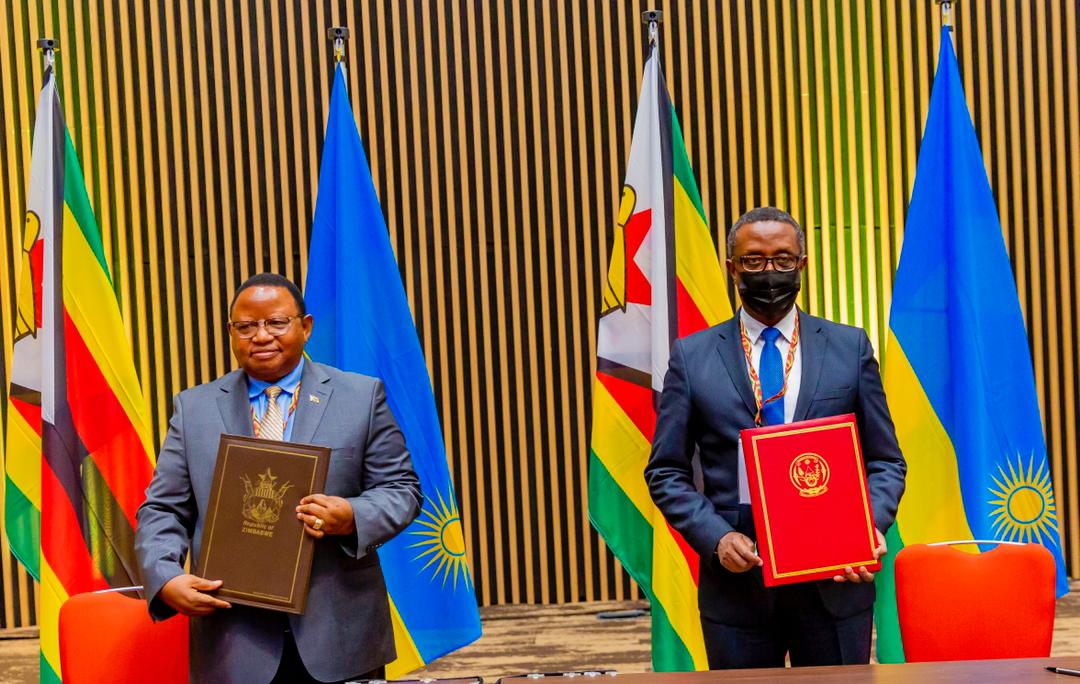

 Young Investment Professional (YIP) Graduate Programme 2019
Young Investment Professional (YIP) Graduate Programme 2019
Editor's Pick